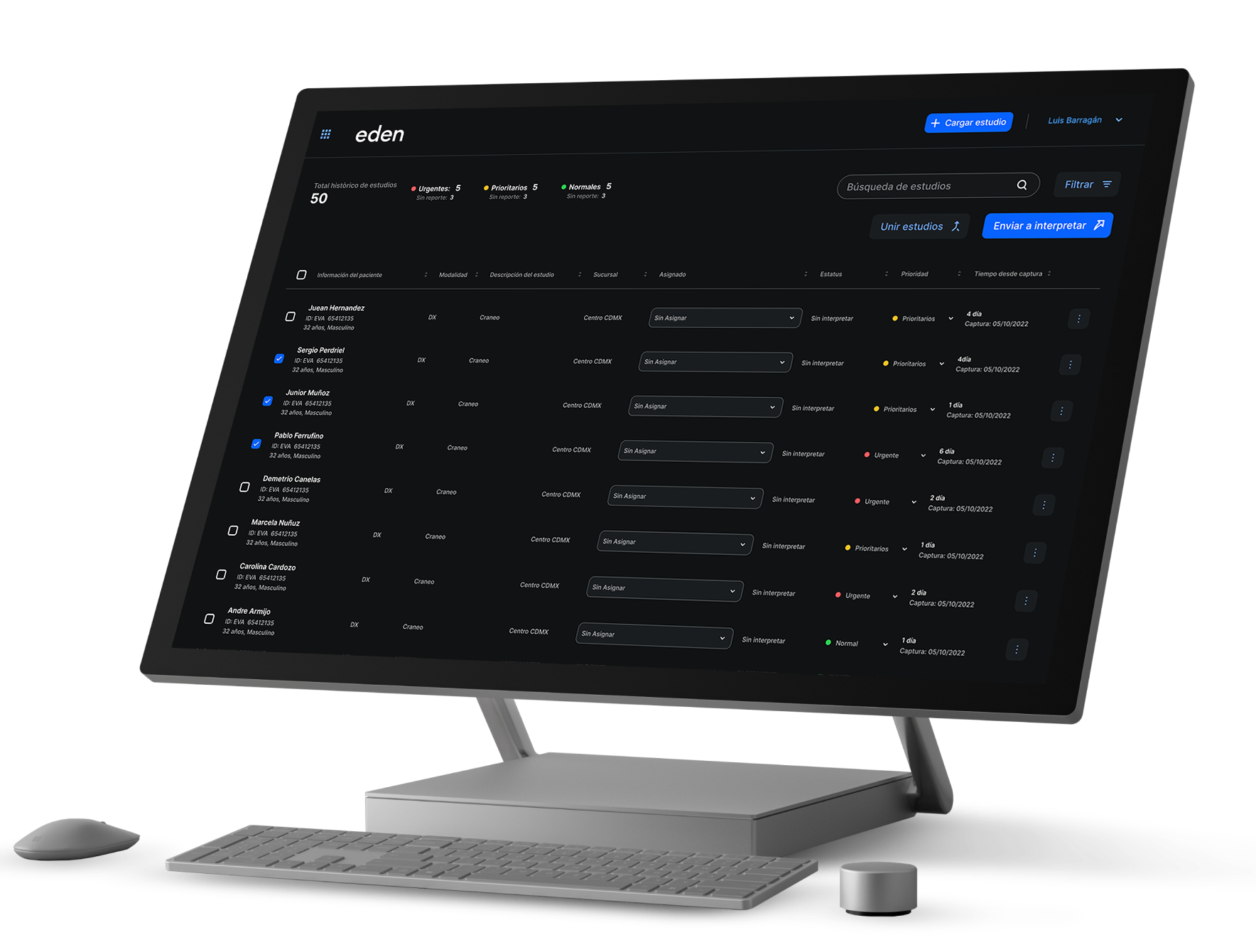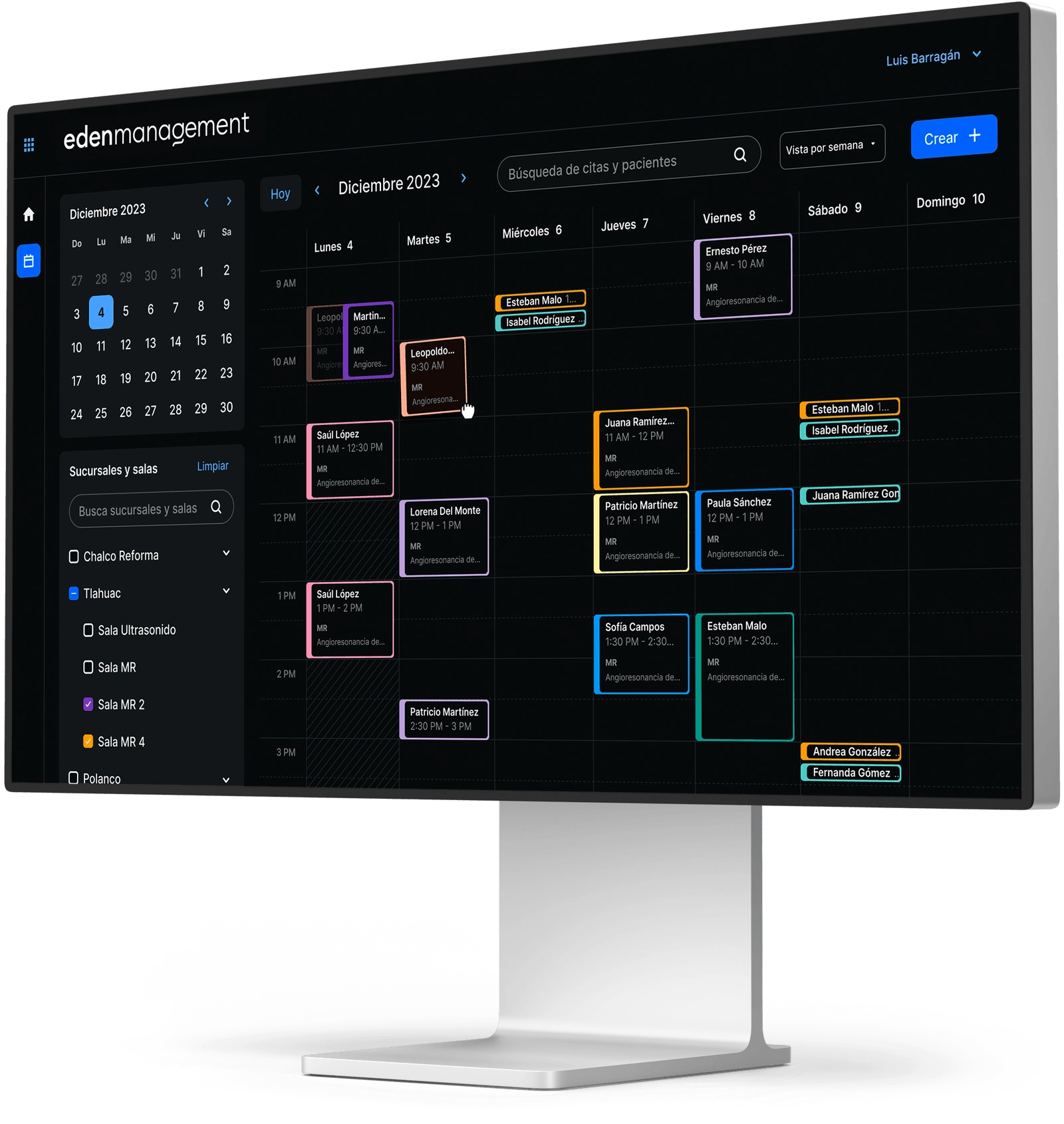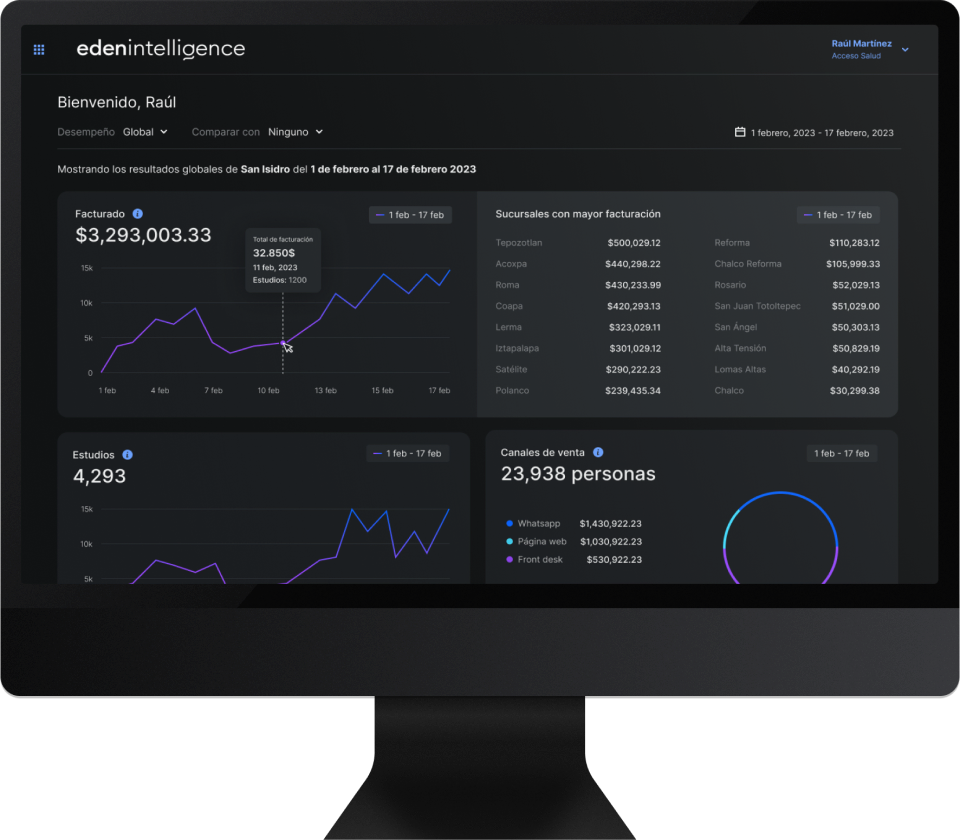As technology continues to advance, the healthcare sector has not been left behind. The medical industry is constantly looking for new ways to improve patient care and outcomes, and cloud technology has emerged as an element of change. Cloud technology allows healthcare professionals to efficiently store, manage and share patient data, making it easier to provide high-quality care.
The benefits of cloud technology in the healthcare industry
One of the main advantages of using cloud technology in the healthcare industry is the ability to store and manage large amounts of patient data. With cloud technology, healthcare professionals can access patient information from anywhere and at any time. This means that doctors and nurses can quickly access a patient's medical history, test results and other relevant information, even if the patient is not physically present.
Cloud technology also allows healthcare professionals to share patient data securely and efficiently. This is especially important for patients with chronic diseases who may have several healthcare professionals involved in their care. With cloud technology, all healthcare professionals can access the same patient data, reducing the risk of communication errors and improving the overall quality of care.
Another advantage of cloud technology is cost savings. Cloud technology eliminates the need for expensive hardware and software, as well as the need for on-site IT support. Instead, healthcare providers can use cloud-based software and services, which are maintained and updated by the cloud provider.
Case studies of successful deployment of cloud technology in the healthcare sector
A number of healthcare providers have already deployed cloud technology with great success. For example, the University of Pittsburgh Medical Center (UPMC) implemented a cloud-based electronic health record (EHR) system that has improved patient care and outcomes. The system allows doctors and nurses to access patient data from anywhere and at any time, and has reduced the time spent accessing medical records from several hours to just a few minutes.
Another example is the Mayo Clinic, which implemented a cloud-based data analysis platform that has improved patient outcomes and reduced costs. The platform allows healthcare professionals to analyze patient data to identify trends and patterns, which can then be used to develop personalized treatment plans.
Trends and predictions for the future of healthcare technology
The healthcare technology industry is constantly evolving, and there are several trends and predictions for the future. One of these is the increasing use of artificial intelligence (AI) and machine learning (AM) in healthcare. AI and ML can be used to analyze patient data, identify patterns and develop personalized treatment plans. Another trend is the use of wearable technology, which can monitor patients' health in real time and alert healthcare professionals to potential problems.
The role of big data in healthcare technology
Big data plays a crucial role in healthcare technology. With large amounts of patient data available, medical professionals can use data analysis and AI to identify patterns and trends that can help improve patient outcomes. Big data can also be used to develop new treatments and therapies, as well as to identify areas where healthcare providers can improve their services.
Ethical Considerations in Healthcare Technology
As healthcare technology advances, there are several ethical considerations that must be considered. One of them is the possibility of data breaches and unauthorized access to patient data. Healthcare providers must ensure that patient data is stored securely and that access is limited to authorized personnel only.
Another concern is the possibility of bias in AI and ML algorithms. If algorithms are trained with biased data, they can produce biased results, which can have serious consequences for patient care.
The importance of cybersecurity in healthcare technology
Cybersecurity is fundamental to healthcare technology. Healthcare providers must ensure that patient data is stored securely and that access is limited to authorized personnel only. This requires strong security measures, such as firewalls, encryption and multi-factor authentication. Healthcare providers must also ensure that their employees are trained in cybersecurity best practices, such as avoiding phishing scams and using strong passwords.
Ways cloud technology can improve patient care and outcomes
Cloud technology can improve patient care and outcomes in a number of ways. For example, cloud-based EHR systems allow doctors and nurses to access patient data quickly and easily, reducing the risk of communication errors and improving the overall quality of care. Cloud data analysis platforms can also be used to identify patterns and trends that help healthcare professionals develop personalized treatment plans.
The Future of Telemedicine and Virtual Care
Telemedicine and virtual care have become increasingly popular in recent years, and this trend is expected to continue. With telemedicine, patients can receive medical care remotely, which is especially important for patients in rural areas or those who have difficulty accessing healthcare services. Virtual care, such as virtual appointments and remote monitoring, can also help reduce the burden on healthcare professionals and improve patient outcomes.
How cloud technology is revolutionizing healthcare
Cloud technology is revolutionizing healthcare in many ways. It allows healthcare professionals to efficiently store, manage and share patient data, improving the overall quality of care. Cloud technology also allows healthcare professionals to analyze patient data to identify patterns and trends, which can be used to develop personalized treatment plans. As healthcare technology continues to advance, it's important for healthcare professionals to keep up to date with the latest trends and best practices to ensure they provide the best possible care for their patients.




















